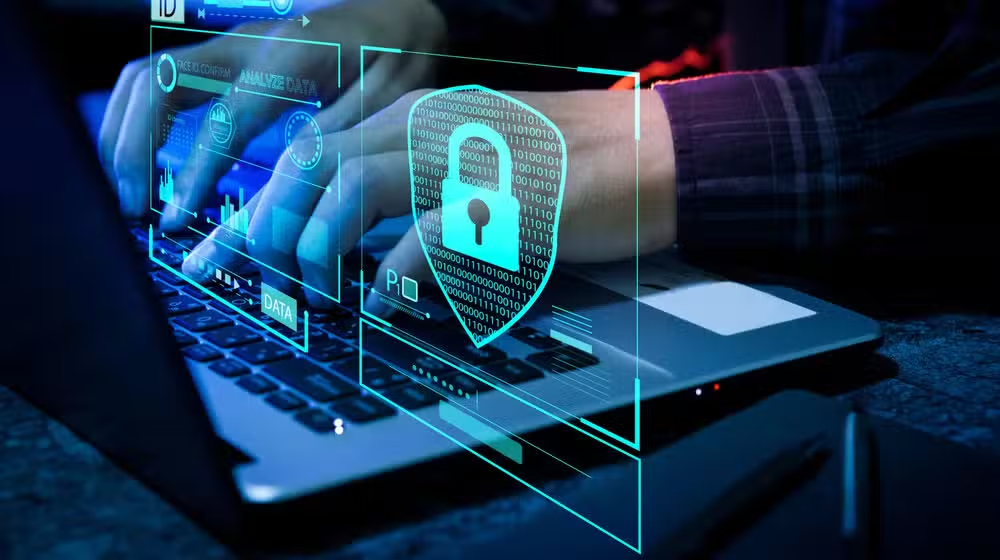The National CERT of Pakistan issues cybersecurity advisory on PII protection as the country faces an alarming rise in data breaches, identity theft, and privacy violations. The advisory is directed at all individuals, as well as public and private organizations that handle Personally Identifiable Information (PII) of Pakistani citizens. With threats increasing in scale and sophistication, the directive emphasizes immediate action to safeguard sensitive data and strengthen national digital security.
Why the Advisory Matters
The advisory applies to any entity that collects, stores, processes, or transmits PII—whether operating on-premises, cloud-based, or hybrid infrastructures. PII includes data such as CNIC numbers, health records, and financial information, which, if leaked, can lead to devastating consequences for both individuals and organizations.
The National CERT of Pakistan issues cybersecurity advisory on PII protection as part of its broader efforts under the National Cyber Security Policy 2021, which recognizes citizen data protection as a matter of both national security and public trust. Weak internal controls, outdated IT systems, unencrypted data transfers, and poor cyber hygiene have made Pakistani organizations easy targets for cybercriminals and hostile entities.
Rising Cybersecurity Threats in Pakistan
Pakistan has witnessed an alarming increase in cyberattacks in recent years. According to the Pakistan Telecommunication Authority (PTA), over 100,000 cybersecurity incidents were reported in 2024, a number expected to grow further in 2025 as digital adoption accelerates. From ransomware like “BlueLocker” to widespread phishing attempts, attackers are targeting every sector, including finance, healthcare, telecom, and government institutions.
When National CERT of Pakistan issues cybersecurity advisory on PII protection, it signals the severity of these threats. Breaches involving sensitive records not only cause financial fraud but also erode public trust in digital systems. For example, leaked CNIC numbers have been exploited in fraudulent SIM registrations, while stolen health records have been used in identity scams.
Key Organizational Responsibilities
The advisory outlines several urgent measures for organizations handling PII. These include:
- Data Classification: Identify and categorize PII based on sensitivity levels.
- Access Controls: Restrict access to sensitive data only to authorized personnel.
- Encryption: Secure all PII both in storage and during transmission.
- System Updates: Regularly update software and operating systems to patch vulnerabilities.
- Secure Development Lifecycle: Integrate security into every stage of application and system development.
- Data Minimization: Retain PII only as required by law.
- Incident Response: Establish clear breach response protocols to minimize damage.
- Third-Party Audits: Ensure vendors handling personal data also comply with security standards.
Over the long term, the advisory emphasizes alignment with global regulatory standards, adoption of zero-trust principles, investment in disaster recovery readiness, and creating a security-aware workforce through regular training and testing.
Guidance for Individuals
The National CERT of Pakistan issues cybersecurity advisory on PII protection not only for organizations but also for individual citizens. People are urged to take practical steps to secure their personal data, including:
- Share CNICs and personal documents only when absolutely necessary.
- Clearly label any copies provided (e.g., “For SIM registration only”).
- Use strong, unique passwords and enable multi-factor authentication (MFA).
- Avoid oversharing personal details online or with unverified service providers.
- Download apps only from trusted and official sources to prevent malware infections.
These simple yet effective measures can significantly reduce the risk of identity theft and fraud.
Cybersecurity as a National Priority
When the National CERT of Pakistan issues cybersecurity advisory on PII protection, it underscores that safeguarding personal data is not just about compliance—it is a strategic necessity. Protecting citizens’ data ensures continuity of operations, maintains trust in digital services, and defends the country’s national security interests.
Globally, the World Economic Forum’s 2024 report ranked cyberattacks among the top five risks for businesses worldwide, and Pakistan is no exception. With increasing reliance on digital platforms for banking, healthcare, governance, and education, ensuring robust cybersecurity is critical for sustainable digital growth.
Building a Culture of Security
To truly benefit from Pakistan’s digital transformation, organizations and individuals alike must adopt a culture of cybersecurity. Regular awareness campaigns, security drills, and industry collaboration can help build resilience against emerging threats. The role of National CERT is vital in guiding and coordinating this national effort, but real progress will depend on collective responsibility across all sectors.
The fact that the National CERT of Pakistan issues cybersecurity advisory on PII protection is a clear warning and a call to action. As data breaches and cyberattacks grow in frequency and scale, both organizations and individuals must prioritize data protection to safeguard not only personal identities but also national digital infrastructure.
From encrypting PII and adopting zero-trust frameworks to practicing secure online habits, every effort counts toward building a safer digital Pakistan. Cybersecurity is no longer optional—it is the foundation of trust, progress, and resilience in today’s interconnected world.



